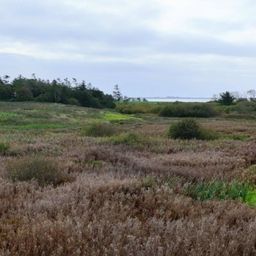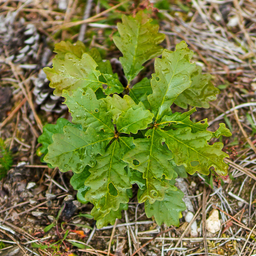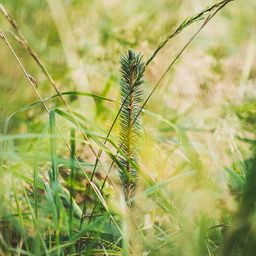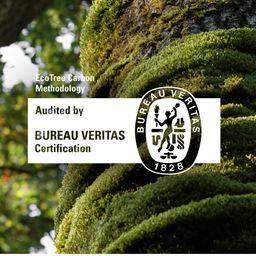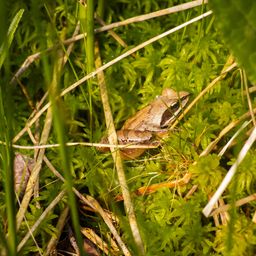
Sessile Oak: Meaning and use
Known as the "king of trees," the Sesssile Oak tree is majestic and can be found in our forests and gardens - typically in Europe.
Sessile Oak
The sessile oak (Quercus petraea) is part of the fagaceum family of flowering plants that also includes beeches and chestnuts. You may also know the sessile oak as the Cornish, Irish, or durmast oak, as it is the official tree of Ireland and an unofficial emblem in Wales and Cornwall. You can find the sessile throughout most of Western Europe, including in many EcoTree forests.
Why does EcoTree plant sessile oaks?
The Sessile Oak is home to many animals, including mammals, insects, and birds. It produces top-quality timber and thrives in sandy soils, high altitudes, and dry, low-sunlight climates. More drought-resistant than the Common Oak and highly resistant to pests and diseases, the Sessile Oak is well-suited to handle climate change.
Sessile Oak - Overview
Sessile Oak - Overview
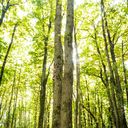
Sessile Oak - Species requirements
Less adapted to cool, coastal areas than the English oak, the Sessile Oak requires less light and fares better in periods of drought. This makes its zone of distribution remain in sub-Atlantic regions.
A hill-bound species, it can be found up to altitudes of 1600m. It grows in stony sand, clay, and lime soil, but does best in thick, lightly acidic soil: silts or sand.
The Sessile Oak is planted in autumn, usually November, well away from periods of frost, in holes 3 to 4 times larger than and as deep as their root ball. During its first year, the tree must be watered regularly, especially if it's grown tall already.
Sessile Oak Wood
Its wood is almost identical to that of the Common oak. Both have the same appearance and properties, so they are sold under the common name Oak, which in Europe is the conventional name for the wood of these two species alone. Oak is one of the most essential hardwoods in Europe, and it has many traditional and ancient uses.
Its light brown heartwood (duramen) distinguishes it from the sapwood. Easily sawn, it is slow-drying and prone to warping. However, its heartwood is very durable, so it is highly prized for carpentry, joinery, and cabinet making.
It is also used to make parquet flooring and barrels. Stave wood (cooperage) and luxury slicing require exceptional qualities that only 10% of the timber harvested from oak achieves.
Sessile Oak Symbolism
The sessile oak has come to symbolise strength, power, and generosity. With such a long lifespan, it’s ever present throughout most of our lives, making it the perfect sustainable birthday gift. What better way to celebrate a long-lasting relationship than with a unique and living gift for a happy occasion?
Our selection of trees
Our goal is to enable anyone to do something that benefits nature and helps us to live in a more harmonious world. So why not become a tree owner in a European forest and help combat climate change?
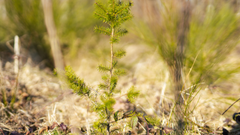

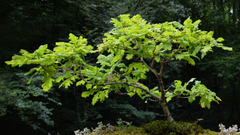



Please note that this is promotional communication. See our notice of information.

